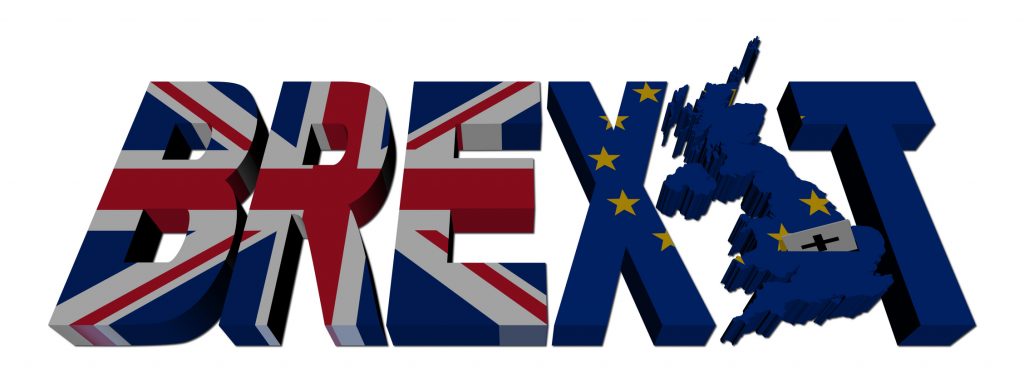Coronavirus cancels Brexit talks. No such luck with Brexit itself

It’s nearly eight weeks since Brexit was done – at least in the sense that Britain left the European Union (EU). But the 11-month transition period to final exit has already been overtaken by events.
On March 26, planned negotiations on the UK’s future relationship with the EU were abandoned. During a European commission briefing , envoys for the 27 EU capitals were told that holding negotiations via video-conferencing had so far proved impossible. Brexit was already sickened anyway by the virus outbreak. The March 18 Brexit talks due to take place in London were cancelled and now the negotiations have been put on ice. This has increased expectations that Prime Minister Boris Johnson will ask for an extension.
Both sides have until July 1 to agree on whether or not to extend the transition period by “up to one or two years” but Mr Johnson has shown little interest in the prospect of continuing the UK’s membership of the EU’s single market and customs union.
This appears to be in line with the stubbornness shown by Brexiteers in the past four years. We have become accustomed to it but it’s still disconcerting to think that the pandemic hasn’t affected the British government’s planning on Brexit.
Fears have long run high that the Johnson government’s idea of Brexit poses a nostalgia-fueled risk to Britain itself. This, because it downplays the potential seriousness of separation. For instance, when UK chancellor Rishi Sunak delivered his nearly 9,000-word maiden Budget speech (pre-Coronavirus crisis), he mentioned Brexit by name just twice.
Even though Britain’s March 11 budget has since been overtaken by events, it has to be remarkable that the UK’s biggest postwar economic and foreign policy decision was hardly mentioned at all by the chancellor.
But it is of a piece with what we’ve come to expect.
Edoardo Campanella, Future of the World Fellow at the Centre for the Governance of Change of IE University in Madrid, recently offered a non-partisan view perspective on Britain’s “nostalgic nationalism”.
He admitted that “nostalgic nationalism…extends far beyond the UK” but said it poses unique and possibly irreversible threat to the UK.
With Prime Minister Johnson and his inner circle continuing “to leverage history to exaggerate the UK’s true power”, a delusion continues to be spread as gospel, Mr Campanella says. It is “deluding (British) citizens into believing that restoring a modern version of the British Empire is within reach”.
After the coronavirus crisis, the idea sounds even more far-fetched.

